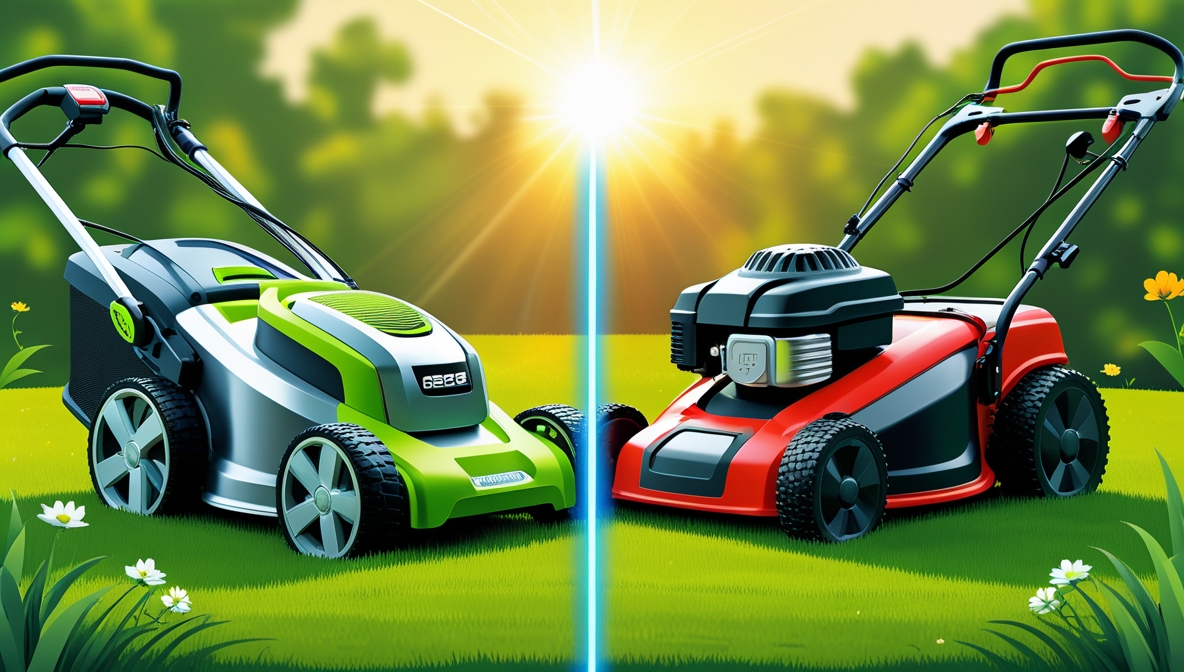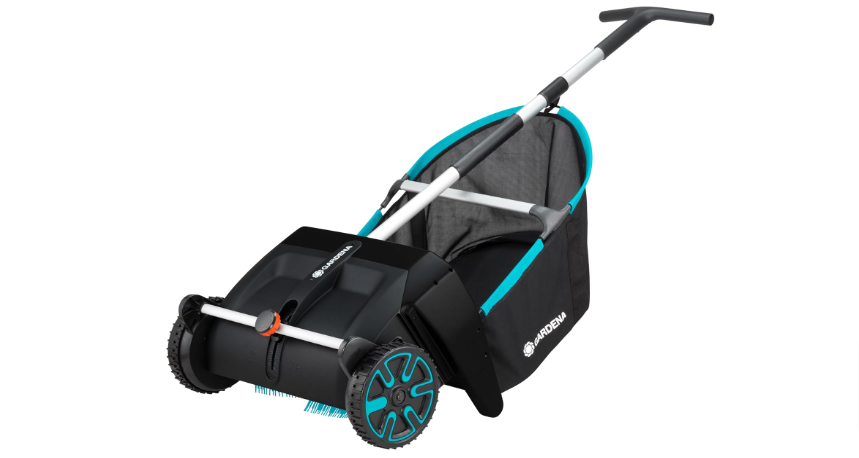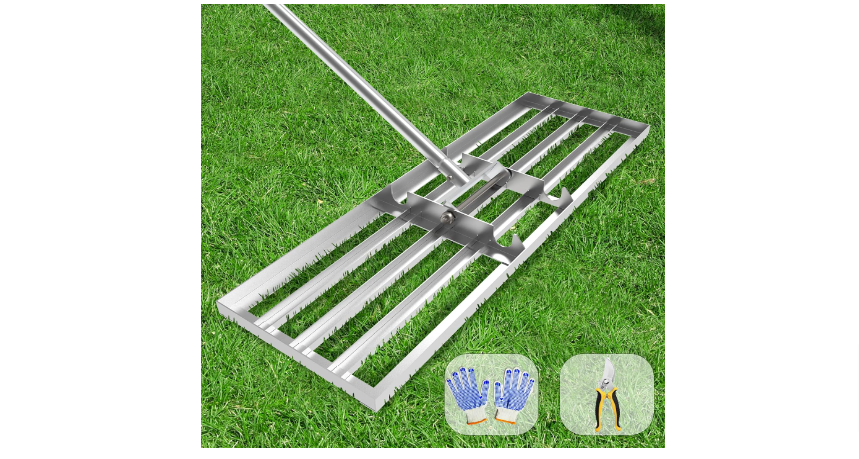Choosing between an electric and a gas-powered lawn mower depends on individual needs and priorities. Both options offer advantages and disadvantages, impacting factors such as initial cost, running expenses, maintenance, and performance. This article provides a comprehensive comparison to help potential buyers make an informed decision. Understanding the specifics of each type will ensure a more satisfying mowing experience.
Contents
Electric Mowers: Pros and Cons
Electric mowers are increasingly popular due to their quiet operation and environmental friendliness. They produce no tailpipe emissions, making them a desirable choice for those concerned about air quality. Furthermore, electric mowers often boast a gentler approach to your lawn, reducing the risk of damaging delicate plant life. Ease of use is another key advantage, with electric mowers typically requiring less physical effort to operate.
Conversely, electric mowers often come with limitations. Their power output can be constrained by battery capacity, potentially impacting performance in large or heavily overgrown lawns. Charging times can be a significant factor, requiring careful planning for extended mowing sessions. The initial investment for electric mowers, including the mower itself and the battery pack, can be higher than some gas models. Furthermore, the range of available electric mower models may be less extensive than the gas-powered equivalents.
Battery life and the need for frequent charging are recurring concerns for electric mower owners. Depending on the model and use, battery life might need to be optimized with charging strategies, and this could be a significant factor in long mowing sessions. The efficiency of the charging mechanism is also crucial, as it directly impacts the overall usage time between charges.
The availability of various battery types and charging options needs careful consideration, as it can impact the longevity of the mower and the overall cost of ownership. Different battery chemistries offer varying capacities and charge times, impacting the practicality of using them for extensive lawn maintenance.
Gas Mowers: Advantages and Drawbacks
Gas mowers traditionally offer superior power and performance, especially for large or uneven lawns. Their powerful engines can handle thick grass and tough terrain with ease, making them a popular choice for homeowners with extensive property. Gas mowers often boast larger cutting decks, enabling quicker mowing sessions. The immediate readiness of a gas-powered mower, without the need for charging, is a significant advantage.
However, gas mowers come with their own set of drawbacks. Their operation produces exhaust emissions, contributing to air pollution. This noise pollution is also a significant concern, particularly in residential areas. The regular maintenance required for gas engines, including oil changes and filter replacements, can be costly and time-consuming. Furthermore, refueling can be inconvenient and potentially messy.
The inherent complexity of gas-powered machinery is a factor that needs consideration. Troubleshooting issues in the engine can be more difficult compared to electric motors. The need for specialized tools and knowledge can potentially translate into higher repair costs.
The fuel consumption of gas mowers can vary depending on the usage and the specific model, adding to the overall running costs. Factors like mowing frequency and the size of the cutting deck will influence the amount of fuel consumed during operation.
Comparing Power and Performance
While electric mowers are gaining ground, gas mowers generally retain a slight edge in terms of raw power. The larger engines of gas mowers enable faster cutting speeds and can handle taller grass more effectively, especially in dense areas or on slopes. This difference in cutting power directly relates to the time required to complete a job. For extensive mowing requirements, a gas-powered mower’s sustained power output might be essential.
Electric mowers, however, are rapidly improving in terms of power output. Advanced battery technologies are leading to increased run times and greater power for the cutting blades. As technology advances, this gap in power between the two types is narrowing. The performance of electric mowers is now more competitive with gas mowers, especially for medium-sized lawns. The choice often comes down to individual needs and the specific conditions of the lawn.
The size and type of cutting deck also significantly impact the performance of both types. A larger deck on a gas mower translates to a larger surface area covered in one pass, potentially reducing mowing time. Similarly, electric mowers with larger decks will be able to handle larger areas.
The quality of the motor and blades directly affects the cutting performance and efficiency of both types of mowers. High-quality components contribute to a more satisfying and effective mowing experience.
Maintenance and Running Costs
Electric mowers generally require less maintenance than their gas-powered counterparts. They lack the complex engine systems and fuel components that need regular servicing. This translates to lower long-term maintenance costs. The primary maintenance requirement for electric mowers is battery care and occasional blade sharpening.
Gas mowers, on the other hand, require more frequent maintenance, including oil changes, air filter replacements, and spark plug inspections. These regular maintenance tasks can be time-consuming and costly. The need for fuel also contributes to ongoing expenses.
The initial cost of an electric mower might be higher than for a comparable gas mower, but the long-term running costs are usually lower due to the lack of fuel expenses and lower maintenance. The savings in maintenance over time can offset the higher initial investment.
The availability of spare parts and repair services can also affect the cost of ownership for both types of mowers. Access to reliable repair shops or online resources for spare parts can significantly impact the long-term costs.
Ultimately, the best choice between an electric and gas-powered lawn mower depends on individual needs, budget, and environmental concerns. Factors such as lawn size, terrain, and desired performance should be carefully considered. Understanding the pros and cons of each type, along with the expected maintenance and running costs, will help make an informed decision that meets specific requirements and preferences.






